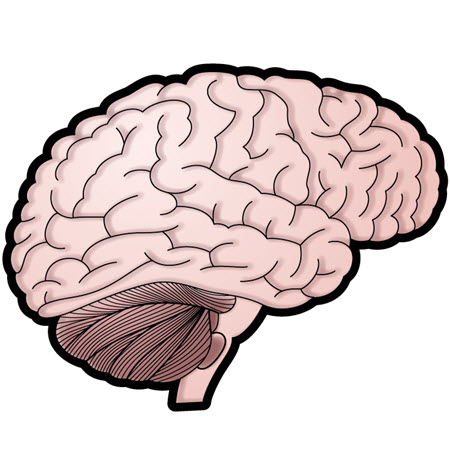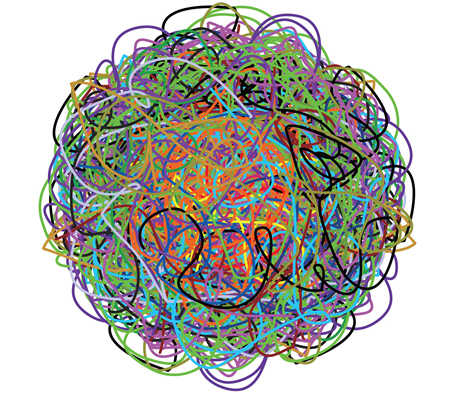 What is EMDR therapy?
What is EMDR therapy?
EMDR stands for Eye Movement Desensitization Reprocessing. Sounds complicated − so, what does it mean?
EMDR is a method that uses touch, sight, or sound (your choice) to stimulate both sides of your brain (bilateral stimulation) to draw on multiple sensory channels to work with the whole brain to promote the best connections needed for healing and shifts.
This process is like the REM stage of sleep and allows you to be free from the memory’s negative associations. While talk therapy approaches work primarily with the neocortex, EMDR integrates the entire brain.
EMDR utilizes the brain’s natural healing process to avoid feeling “frozen,” a response often experienced after trauma. Simply put, EMDR is a researched method initially innovated by Francine Schapiro in 1987 that helps people recover from trauma and other adverse life experiences.
 EMDR has many applications.
EMDR has many applications.
After gaining popularity for EMDR’s use with PTSD, research has shown it also helps address classic trauma, depression, anxiety, and grief – and additionally helps reinforce positive states.
Many people remain locked in a state of “arousal” long after the event(s) happen(s). This response may be a spectrum of emotions ranging from anxiety to closed down depressive feelings.
Using this gentle technique over multiple sessions enables you to access those once negative memories without feeling overwhelmed or reacting as if trapped in the past. This technique allows you to recover more deeply and rapidly than traditional talk therapy. It has the potential to transform previous emotional wounds bringing about a more complete healing.
“Before EMDR treatment, my thoughts, feelings, and experiences were all tangled up
like a ball of yarn. I needed something to untangle them.”
(Client from EMDR study: March 2010)
So, how about you?
What feelings and memories have you feeling frozen?
Are you ready to break the cycle and get unstuck?
EMDR helps you focus on that memory that keeps you stuck, allowing you to reprocess that memory. By reprocessing, triggers no longer cause you to recycle that memory.
Let’s work together and allow EMDR to help you overcome what is holding you back.

